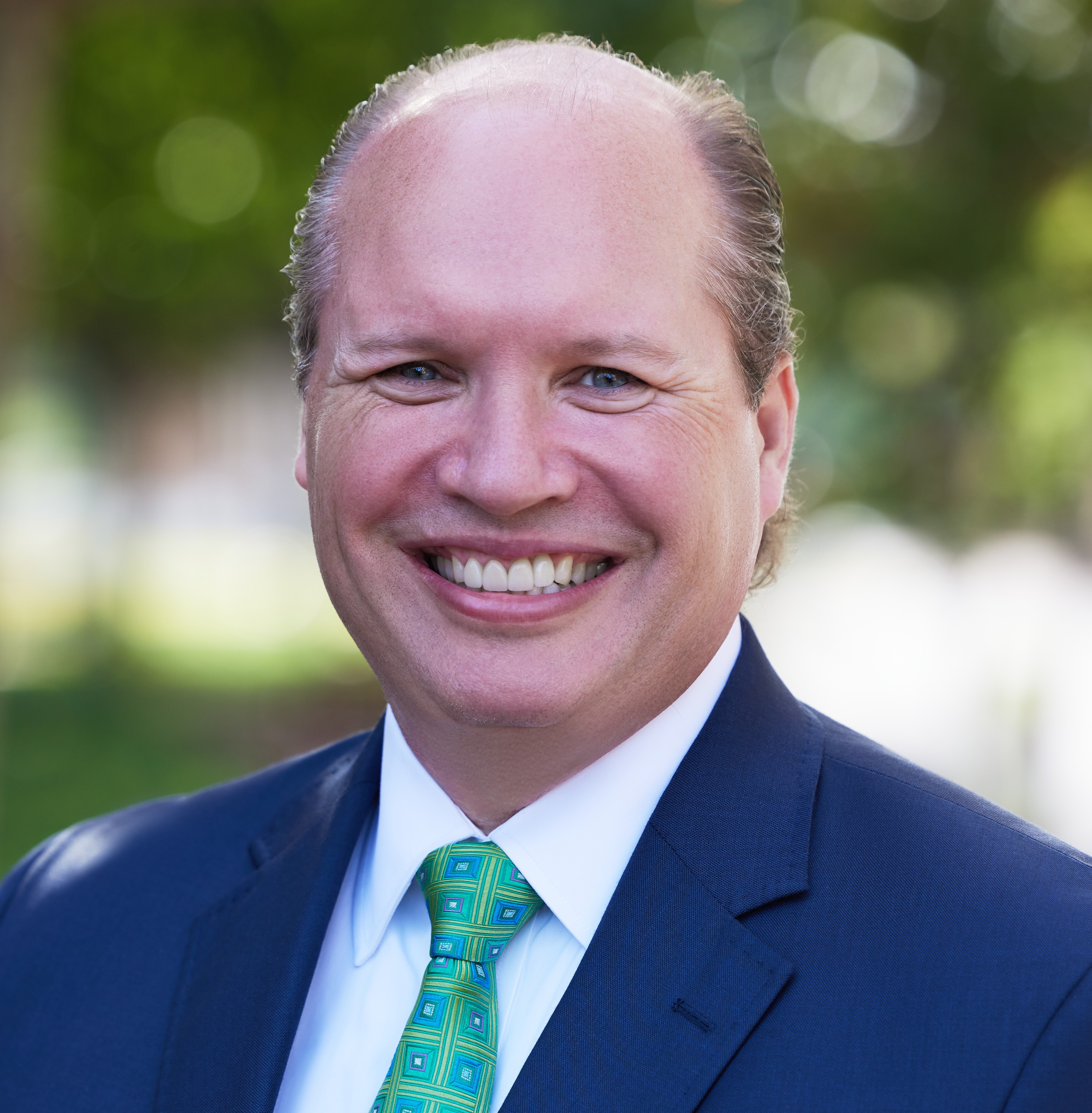

by Ian Arrowsmith
Want to be wealthy in retirement? Get active now.
Life can be unpredictable, and it’s natural to reflect on personal goals as we move through different seasons of the year. Whether or not you’re someone who sets resolutions, it's always a good time to think about what’s next.
What’s on your to-do list? Is it getting healthier? Or setting yourself up for a stronger financial future?
What if working on your health goals could actually support your retirement goals too?
80 is the New 70
According to the World Bank, since 1960, the average life expectancy of people in the United States has increased from 70 years old to 78 years old in 2023.
And according to the American Psychological Association, “About one out of every four 65-year-olds today will live past age 90, and one out of 10 will live past age 95.”
This is great news, but it comes with a bit of an issue. Living longer means needing to pay for more things, like housing, utilities, food, and clothing. If you decide to retire at 65, that means there’s a 25% chance you’ll need to have at least 25 years of money for retirement stashed away.
When it comes to estimating how much savings you’ll need to retire, one common metric is to aim for 10 to 12 times your annual income at retirement age. Citizens Bank uses the following example: If you plan to retire at 67, for instance, and your income is $150,000 per year, then you should have between $1.5 and $1.8 million set aside for retirement.
To be certain, the above is simply a guidepost and we would suggest engaging a financial planner to help you evaluate your specific situation.
Rising Costs of Healthcare
If you’re struggling to make ends meet and save enough for retirement now, you’re going to have to figure out how to cut out expenses down the road. So how do we do that so we can feel more secure and have more fun?
One of the biggest expenses people have as they age is healthcare. While the uninsured certainly have lots to lose by not staying healthy, the insured aren’t completely off the hook.
According to research from the Henry J. Kaiser Family Foundation, those with employer-sponsored healthcare plans have been shouldering more of the burden over the better part of the last two decades. On average, covered workers contributed $1,368 and $6,296 of the cost of family coverage.
While there may be hope that some of these costs will plateau at some point, nothing on the horizon tells us that they’ll be reduced any time soon.
Getting Active is a Method of Saving
One of the best ways to ensure you can enjoy many, many more years is to become healthier. First and most importantly, it’s crucial to consult your physician before you start any fitness regimen or diet.
But after your consultation, try to stay out of your doctor’s office for maladies that can be prevented. You’ll not only feel better, but you’ll stand a better chance of avoiding higher ticket health-related costs down the road.
“From 2012-2019, the average total annual healthcare expenditures per person was $6,566. For insufficiently active adults that cost increased an additional $1,355. For adults that are inactive that cost increased an additional $2025 in annual healthcare expenses compared to active adults.”
According to the Center for Disease Control (CDC), inadequate aerobic physical activity is associated with $192 billion in annual health care costs. Adequate aerobic activity can be defined as 150 minutes of moderate intensity activity or 75 minutes of vigorous intensity activity.
The best part? Many of the recommended activities are free. Fast walking, lawn mowing, and even “heavy cleaning” are all considered moderate forms of exercise, while vigorous activity would be actions such as running, race walking, lap swimming, or aerobics.
Next Steps
Talk to your doctor and assess your health risks. After this conversation, speak with your financial advisor. With this information, you can establish or refine your retirement plan based on your health assessment. It may also be a good idea to consider some long-term care insurance as well.
Now that the holidays have settled down and we’re getting back to our routines, it’s the perfect time to get proactive about your health and your finances. Who knew you could get two resolutions accomplished at once? Contact us today to get started.
Securities offered through Independent Financial Group, LLC (IFG), a registered broker-dealer. Member FINRA/SIPC. Advisory services offered through Scarborough Capital Management, a federally registered investment Adviser under the Investment Advisers Act of 1940. Registration as an investment adviser does not imply a certain level of skill or training. IFG and Scarborough Capital Management are unaffiliated entities.
Electronic communications are not necessarily confidential and may not be delivered or received reliably. Therefore, do not send orders to buy or sell securities or other instructions related to your accounts via e-mail. The material contained herein is confidential and intended for the addressed recipient. If you are not the intended recipient for this message, any review, dissemination, distribution or duplication of this email is strictly prohibited. Please contact the sender immediately if you have received this message in error.






